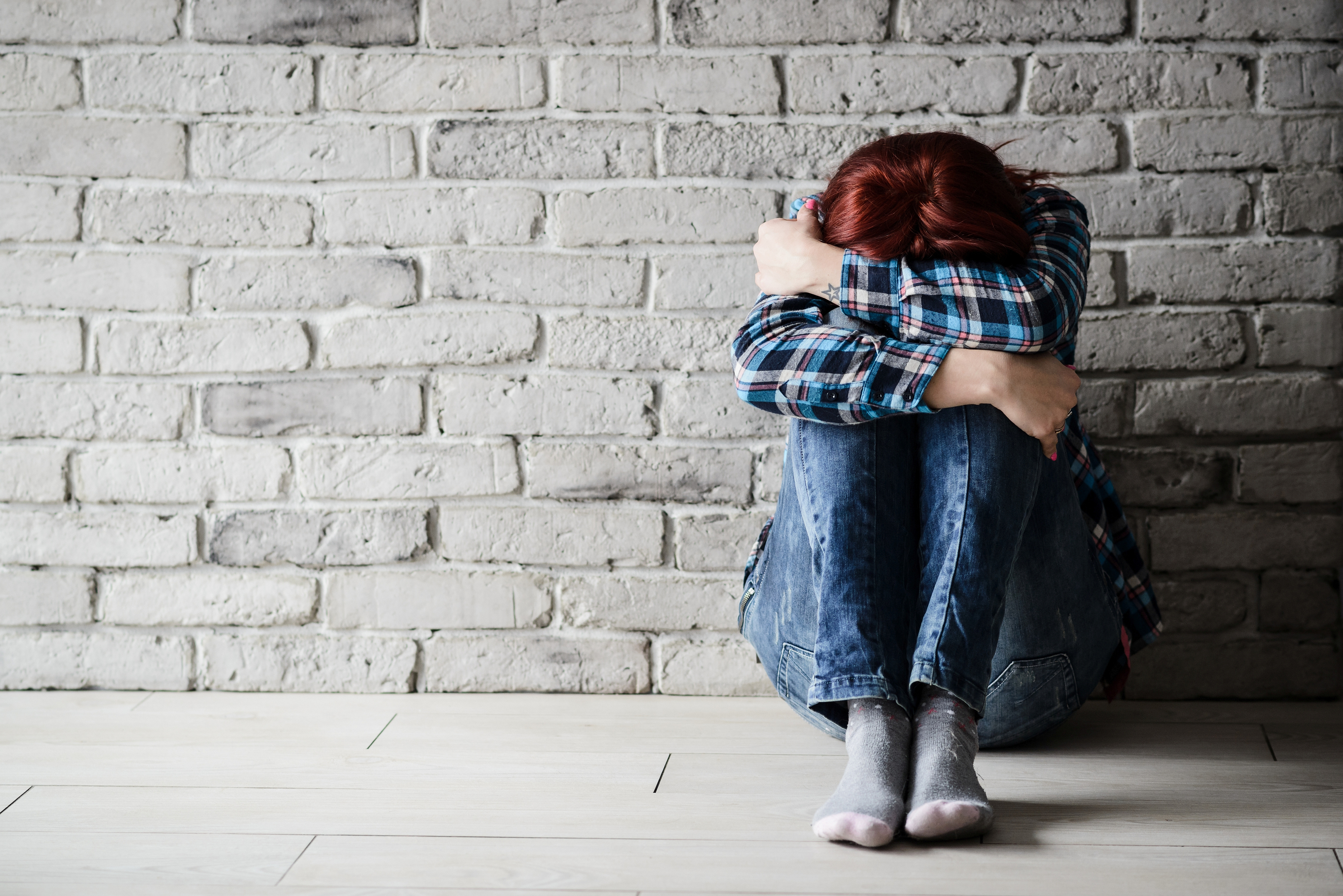
MENTAL health is rarely out of the news nowadays and the past couple of weeks have been no exception.
A quick look through the headlines reveals Scotland’s paramedics are dealing with more than 10,000 mental health-related matters every year.
Use of anti-depressants in under-13s has risen – with some given drugs “not to be used for the treatment of depression in children and young people”.
Even in my circle, I can think of several people struggling with their own mental health issues.
I bet you can, too.
And yet we seem so under-prepared for dealing with them – both in the medical profession and in our everyday lives.
The frontline staff of the NHS in Scotland does a brilliant job.
But there’s something wrong when a patient in Glasgow is offered treatment in Tavistock, almost 500 miles away in Devon, and when more than a quarter of adults and one in six children are left waiting for treatment for more than the recommended 18 weeks.
Even 18 weeks is far too long to wait for specialist help.
Because when you’re in the grip of the darkness of depression, that’s a lifetime stretching endlessly before you.
Thankfully, we’re becoming more open about mental health.
Celebrities like the actress Denise Welch and the young Royals starting conversations have helped.
However, it’s worrying that so many of us are dealing with mental health issues.
It feels like there’s an increase in the sheer number of people who are struggling to cope.
That may be partly down to that openness.
But it’s a shocking fact that last year there was a dramatic rise in the number of elderly people taking their own lives across Scotland.
That’s sad and damning.
So how do we change things?
Depression, anxiety, eating disorders and other problems are massively complex.
We need to encourage even more openness, including among children.
Half of mental health problems in adults start before the age of 14.
We must be unafraid to ask if someone is OK.
Finding your own coping strategies helps.
One friend avoids Facebook as it increases anxiety.
Simple – but it works for her.
Those difficulties accessing vital services need to be tackled, too – and quickly.
Let’s end on a positive note.
Last week kids in England received their GCSE results.
How fantastic to see the sister of Manchester bombing victim Martyn Hett, Nikita, and Grenfell Tower survivor Ines Alves, totally ace their tests.
Nikita got 11 A*, while Ines got an A in her chemistry exam.
She sat it the morning after escaping from the fire.
Their mental resilience is an inspiration to everyone.
Go, girls!

Enjoy the convenience of having The Sunday Post delivered as a digital ePaper straight to your smartphone, tablet or computer.
Subscribe for only £5.49 a month and enjoy all the benefits of the printed paper as a digital replica.
Subscribe